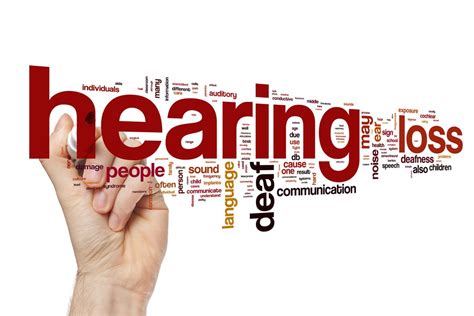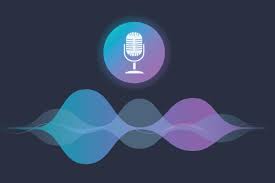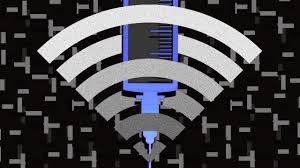Noting from studies how easily AI-powered chatbots can be manipulated to craft convincing phishing emails.
Connected care in the home has the potential to address both the preferences of older adults and the societal imperative to care for a rapidly growing aging population
A practical guide to understanding autonomous AI agents, why they matter for healthcare governance, and what to do about them.
The growing ecosystem of devices and products serving peoples’ health and well-being shows us that innovators already see the opportunity to serve the fast-growing market for self-care among people 50 years of age and up.
For nearly twenty years, one thing has felt inevitable: when boomers reach “old age,” senior living demand will surge. And yet ..

 Today or soon you will launch a boomer/senior, home care offering, wearable product or a new service to help seniors or other new market entrants. As your company gets ready to travel into an online event battle with a plethora of
Today or soon you will launch a boomer/senior, home care offering, wearable product or a new service to help seniors or other new market entrants. As your company gets ready to travel into an online event battle with a plethora of Hearing aids and music -- why is this so difficult to solve for the elderly? The pandemic isolated everyone, but it may have been even worse for the hearing-impaired. Consider the oldest -- they are aged 85 or 86, love music and enjoy getting together with others in restaurants. The man loses one of the uninsured hearing aids and has to switch to backups that
Hearing aids and music -- why is this so difficult to solve for the elderly? The pandemic isolated everyone, but it may have been even worse for the hearing-impaired. Consider the oldest -- they are aged 85 or 86, love music and enjoy getting together with others in restaurants. The man loses one of the uninsured hearing aids and has to switch to backups that  ets sounded loudly at the arrival of Voice First.
ets sounded loudly at the arrival of Voice First.  Looking out toward the future – what trends matter most?
Looking out toward the future – what trends matter most?